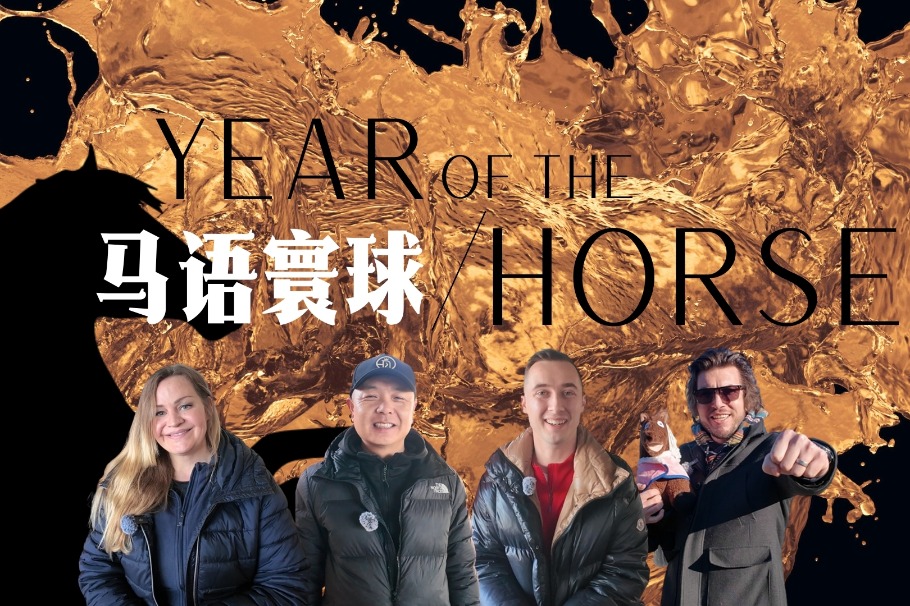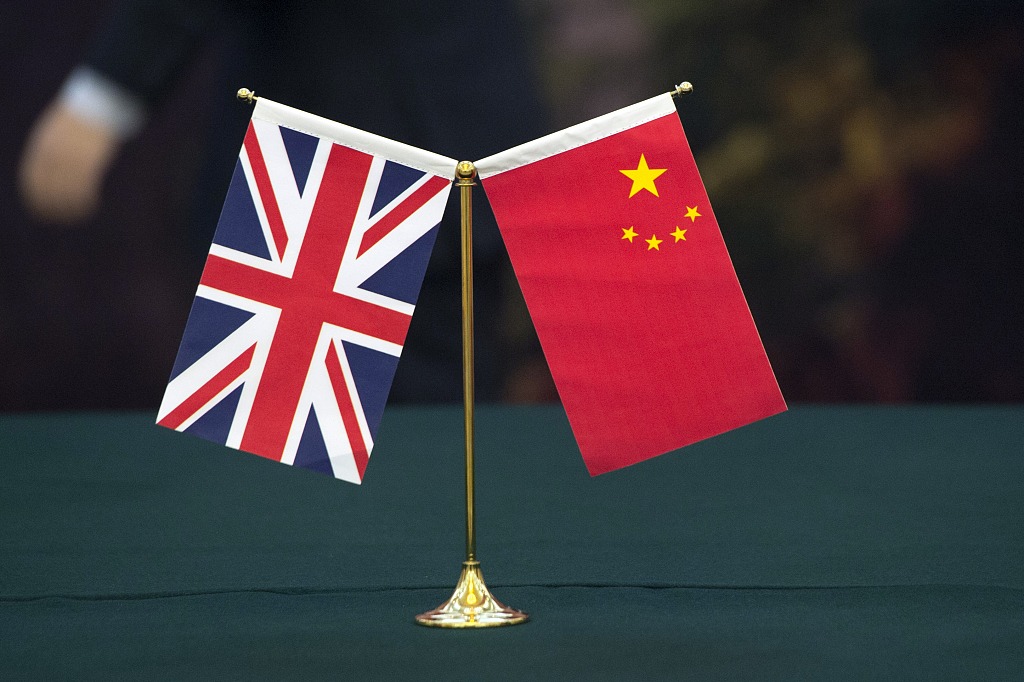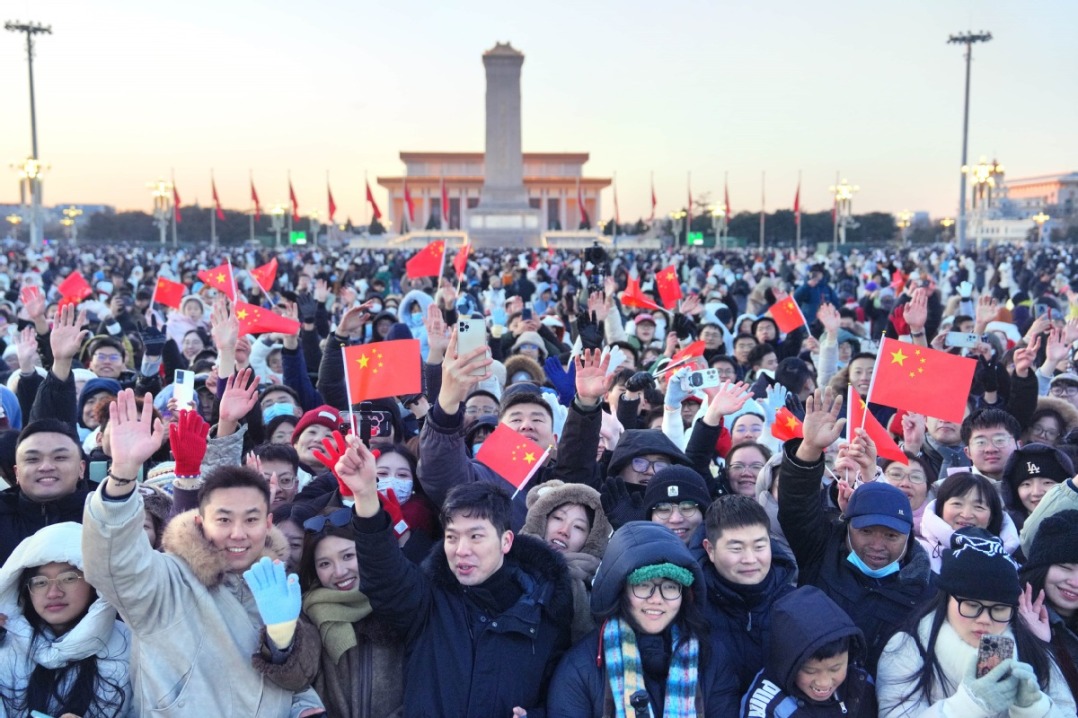'Decoupling' the name of Washington's game


The European Union is urgently calling on aluminium and zinc companies to investigate producing key semiconductor metals after China announced plans to curb exports of gallium and germanium, the Financial Times reported on Friday.
The EU sources 71 percent of its gallium and 45 percent of germanium from China. And there are only a handful of companies outside of China capable of producing the high-purity metals that are used in microchips, solar photovoltaic cells and optic fibers.
The move might have the China hawks in Washington crowing about the "foresight" they have shown in urging US allies not to be dependent on China. But the Europeans seem to be well aware that it is the export controls the US and members of its "chip alliance" have implemented targeting China that have prompted the move.
Although the US has large reserves of the two metals, it has not seen fit to guarantee their supply to countries it supposedly considers to be its friends.
Washington cannot hide its true intention under the cloak of "de-risking". It requires its allies to de-sinicize their industry, technology, trade and other economic sectors, without providing them with an alternative to China.
The intentional rhetoric ambiguity of the US has left many Europeans in bewilderment. The remarks Icelandic Foreign Minister Thordis Kolbrun Reykfjord Gylfadottir made on "de-risking" at a gathering of the Atlantic Council last week reflect the concerns of many in Europe.
She told her counterparts from other EU member states: "We talk about China. We talk about how dependent we are on them. We talk about 'de-risking.' But to be honest, I do not believe I am the only one that does not understand what that means."
Unlike the US, which exports crises, confrontation, turmoil and risks, what China exports are opportunities, cooperation, stability and assurance.
The EU should oppose the US' attempts at decoupling China from the global economy in the name of de-risking and join hands with China to keep the global industry and supply chains stable.
Reducing risks is a natural desire, but that is not what Washington seeks to do with its attacks on China's economic and trade cooperation with other economies. It is shortsighted for the US to inflate the term "de-risking" in a bid to manufacture anxiety and create confrontation for its own narrow ends, as that serves no one's interests.


































